The Huntington Playwriting Fellows
a Model for Community Building
Following up on my conversation with Lisa Timmel, I spoke with Charles Haugland, Artistic Programs and Dramaturgy at the Huntington Theatre Company in Boston, MA, about the unique ethos behind the popular Playwriting Fellows program. And what does “New England Playwright” mean, anyways?
Charles Haugland: The Huntington Playwriting Fellows (HPF) program was started in 2003 under the Artistic Directorship of Nicholas Martin. Nicky wanted to engage more with Boston artists, so staff were tapped to develop relationships with local actors, designers, and directors. Ilana Brownstein, who was the Literary Manager at the time, sought out relationships with local playwrights. And the Huntington Playwriting Fellows Program was born.
Ilana envisioned a class of four playwrights, invited to hold a two-year residency; there were three rounds of HPF work under Ilana’s tenure. When Lisa Timmel (Director of New Work) and I arrived under current Artistic Director Peter DuBois, Lisa wanted to shift the program. She wanted more interaction between the various cohorts, so she started to overlap them more, bringing in two or three writers every year for two years. This pace has slowed in recent years as we have become more equally focused on consistent engagement with alumni.
She also thought an open application process was important. The application process now includes submitting a play, an artistic statement, and, for a smaller group of applicants, an interview. Even if a playwright isn’t admitted, it’s the first kernel of a relationship. Over the years, we have become very focused on the fit of the cohort with each other, in terms of a blend of experience, aesthetic, and backgrounds, so sometimes it will be three or four years on from an interview that a playwright is invited to join the program. We encourage writers we have interviewed to invite us to readings or workshops they have in the area.
We currently have thirty-one writer-alumni. Once you’re an HPF, you always have access to different kinds of readings and development support moving forward. The writers also get comp tickets for life.
If I was going to challenge the rest of the field on something, it’s what’s the step after your writers' groups?
Melinda Lopez: What’s a typical meeting like? What do you do?
Charles: The first two years of HPF focuses on trying to create a structure from which a long-term relationship can evolve. So there is a writers group—a writing circle that people participate in—and we underwrite their participation with a small honorarium. It isn’t a ton of money, but it can pay for a new laptop or childcare or gas money—just so that the relationship development doesn’t happen at expense to the writer.
In those first two years, we are looking at everything they are writing. It could be a commission for another theatre, or a play they have had in a drawer for five years that they never figured out how to get traction on; it may be a brand new play that they are bringing in the first ten pages, saying, “I don’t even know what this is.”
At first Lisa chose to use a very structured, modified-Liz-Lerman, “What do we like? Tell me what your questions are…” And then once people have enough trust, it becomes very writer driven.
We had one writer come to us and say, “I only want you to tell me what you really dislike about what I bring in.” That may be because he was a masochist, or it was his process, it may be both, but the process becomes relatively writer tailored.
We try to be really up front about this—those meetings are not to make the plays “better,” it’s about developing a relationship, a vocabulary, so that when we get into a room for a reading, or a workshop or God-willing a production, we’re not starting at square one.
What is best about HPF is that it’s a structured way to develop trust with a larger group of writers than our theatre could ever maintain if we didn’t have that structure. Taking a chance on a new play is a financial risk, an artistic risk…
Melinda: It’s an emotional risk!
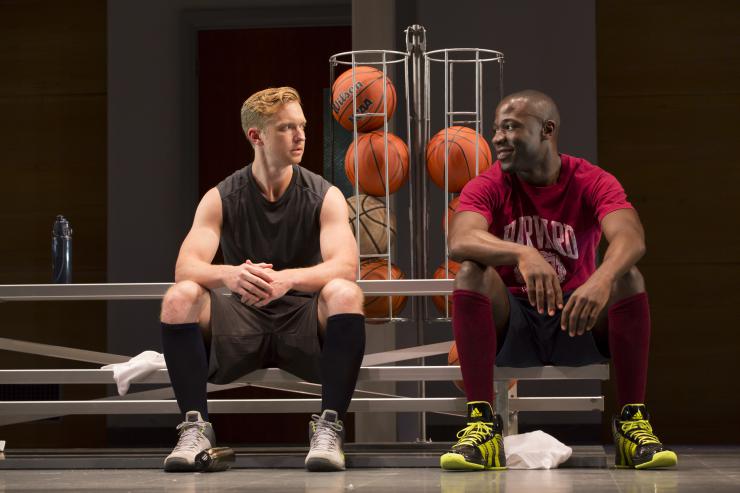
Charles: Yes—and HPF is a way to make that trust happen a lot more often than it would happen organically if we were more loosey-goosey about developing relationships with local playwrights.
One of the things that we bring up in those initial interviews is that a relationship between a writers group and a producing organization is tenuous at best. Boston doesn’t have a Chicago Dramatists, a Playwrights Center, or a New Dramatists. We don’t have a true playwright-driven service organization, and the Huntington cannot be that because we are a producing organization; if you come into the Huntington looking for that, we are going to be set up to fail. But we are best positioned budgetarily and mission-wise in our community to fill some of those gaps.
The other thing we say to people early on is that we are probably not going to produce your play, but we are more likely to produce your play if we develop a relationship through this structure than if we don’t.
That said, there are huge benefits to us.
Melinda: There’s a significant track record of fellows getting full productions.
Of world premieres we have originated at the Huntington, three out of the five top-grossing of those are by local women of color who have come through the HPF program.
Charles: The ratio used to be 50 percent—that’s gone down a bit in recent years because we have done second productions for a number of playwrights, but now it’s about 30 percent. I believe that’s still a pretty competitive track record for any theatre that has a writers group attached.
There’s this incredible factoid that of world premieres we have originated at the Huntington, three out of the five top-grossing of those are by local women of color who have come through the HPF program. It’s remarkable to me that we are premiering plays by nationally renowned artists that have long track records in the theatre, writers whose previous plays have been on Broadway and made into movies, and yet we can’t create the same energy around those shows that we can around the energy that comes from writers coming out of this program.
I believe part of this is that local press has gotten on board with HPF. We get more earned advertising when we are producing local writers. But at a deeper level our audience has a certain amount of pride. This program has been going on for fifteen years. Our audiences feel connected to these writers; when it says “Boston based playwright,” or “Boston native,” or “Huntington Playwriting Fellow” in our marketing materials, our audience’s ears perk up.
Melinda: An audience learns to invest in and love their playwrights. It feels like the kind of energy that was around Chicago in the 70’s and 80’s. And you start to see playwrights coming out of a home base with a national recognition. We are poised to be at a point where “Boston Playwright” means something in a national conversation.
Charles: We’ve been trying to define it since I’ve been here—what does it mean to be a New England playwright? What’s the sensibility? We have an audience that is perhaps uniquely motivated to let their head and their heart go together when they are watching a play… a very specific mixture of head and heart that a Boston audience is looking for. I was talking about this question again to one of the HPF alumni Eleanor Burgess recently, and she believes Boston audiences are willing to plunge “head first” into a play; but the plays that have been our biggest successes have been the plays that take a familiar emotional structure—the family inheritance play, or the romantic comedy—and remix it with the play of ideas.
Melinda: All theatre is local, right?
Charles: That’s another argument for a program like HPF: these playwrights are making theatre in this community, they’re seeing theatre in this community, they live in this community, odds are they are going to be able to speak to this community in a way that an artist that is parachuting in won’t be able to.
Melinda: Surprises? Delights? Aha moments?
Charles: There is a thrill meeting someone when they haven’t had a professional production yet and you fall in love with their voice, just bursting off the page…the way that we felt when we first read MJ Kaufman’s A Live Dress, when Eleanor Burgess sent us Mocha, when Miranda Craigwell sent us Shelter… These are incredible expressions of a playwright’s voice. That has been the real benefit of having an open application process; Lisa chose to create the application process in large part to be equitable, but the outcome has been a type of joy that we would not have without it.
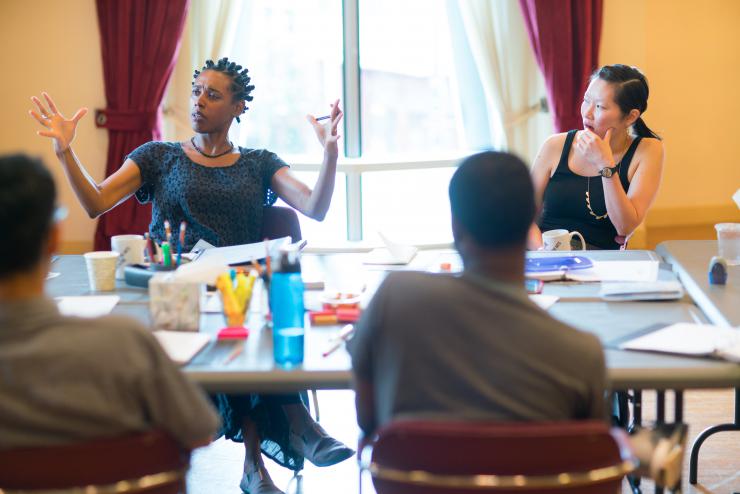
Melinda: Talk to me about the Summer Workshops.
Charles: I love this origin story. We didn’t get funded by the NEA one year. We had been doing this very broad “everything that touches new plays” grant to the NEA for a long time, and they finally said, “Just doing new work isn’t specific enough anymore.” So we got all the HPF alumni together and asked, “What need do you have that’s not getting met in Boston, and how can we build a grant around it?”
The thing that came through most strongly was that people have a pretty easy time getting a reading together, and there are now a number of theatres in Boston that are devoted to doing small-scale productions of plays by local writers—but what they didn’t have was that middle stage where you can work in three dimensions, see the play with world class actors, and develop it without the pressure of “We go into tech in eighteen days and we have to make this scene work.” HPF alum Patrick Gabridge was one of the driving voices in the group who articulated that need.
That’s where the idea for HPF Summer Workshop came from. Lisa loosely patterned it after Sundance, with a relatively long workshop where you get days off to write, and our version has a mix of local and out of town actors and directors.
The NEA funded that for a year or two, and then the NEA moved towards bigger projects; they now want to largely fund grants that are being matched several times over by capital from the institution, which means it makes more sense for us to apply for production support. So today HPF Summer Workshop is partially supported by the Harold & Mimi Steinberg Charitable Trust, but it’s also replaced commissioning in our budget. So the money that most theatres are using to take out long-term options on the third or fourth play down the line by “Playwright You’ve Heard Of,” we are investing in our local community, even on plays we may not think are right for the Huntington. The selection process for summer workshop is a six-person committee, and three of those seats are held for rotating alumni peers from the HPF program. The primary rubric is which project has the clearest vision of how to get to the next stage of development, not “which one might we produce,” or even “which one is the ‘best’ play.”
If I was going to challenge the rest of the field on something, it’s what’s the step after your writers' groups? I believe that’s where we are doing something relatively unique with HPF. We’re saying, “This fellowship is more than a two-year relationship with a theatre.” We’re figuring out how to walk before we run, but we want to run with everybody.

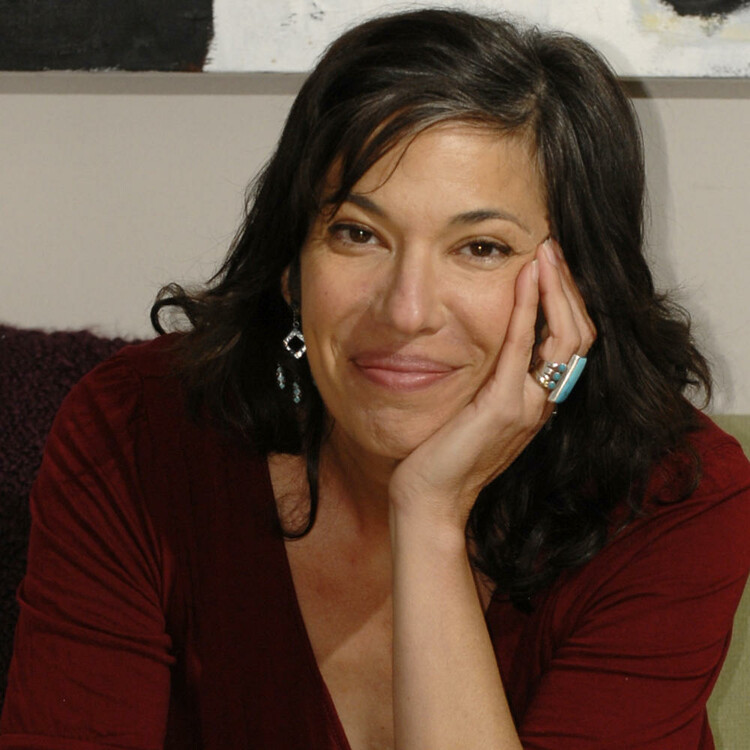
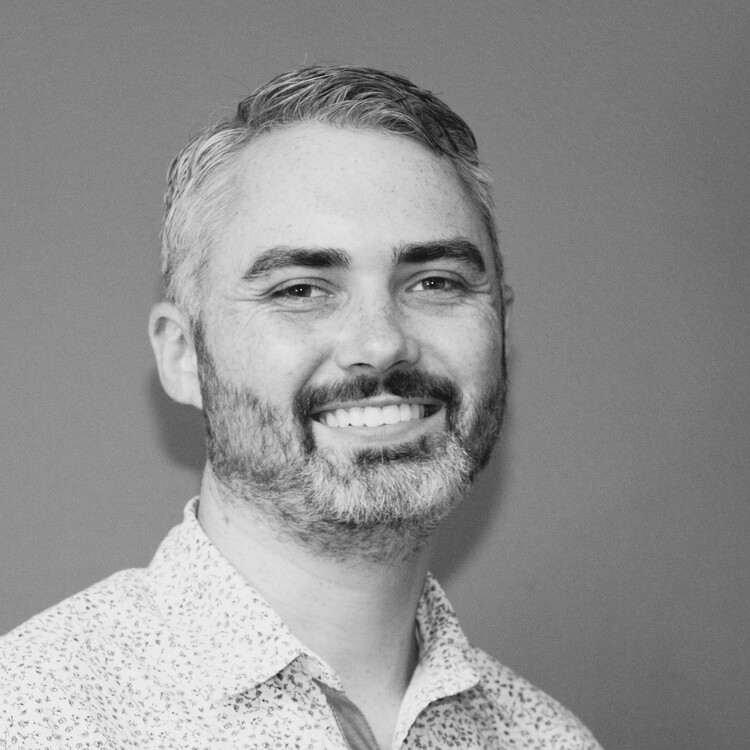
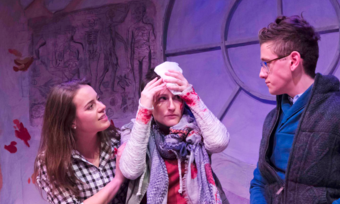


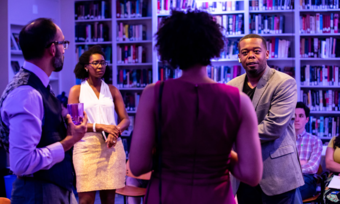


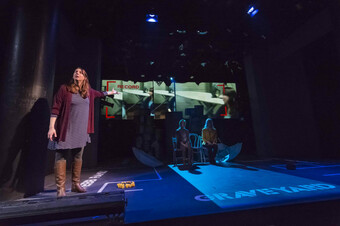

Comments
The article is just the start of the conversation—we want to know what you think about this subject, too! HowlRound is a space for knowledge-sharing, and we welcome spirited, thoughtful, and on-topic dialogue. Find our full comments policy here
I love this! Linking alum makes an ever-growing vibrant web of artists.